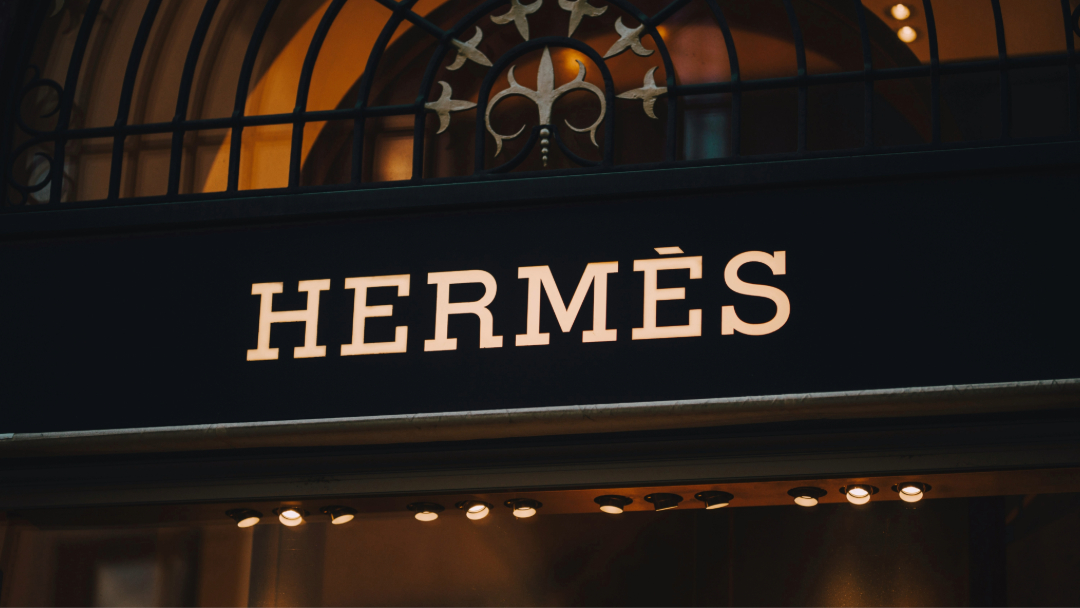Carine Roughan, president and founder of the professional sales training and strategic business development consultancy firm LuxMode International, discusses how the old paradigm for salesmanship can let down luxury brands and what companies should look for in a specialist sales trainer.
Report: WeChat Luxury Index 2024
TAG Heuer’s Billion-Dollar Formula for Success
Most Popular Articles
Report: WeChat Luxury Index 2024
The newly released WeChat Luxury Index examines how high-end and luxury brands achieve marketing or business objectives on WeChat. The report also showcases a ranking of these brands, evaluating whether their offerings and services on WeChat are developed enough to meet the sophisticated demands of today’s consumers.
Redefine Tmall: A Mega App beyond Transaction
The Luxury Maisons’ Tmall Imperative report release by DLG guides luxury brands in optimising their Tmall strategy amid China’s evolving luxury landscape.
TAG Heuer’s Billion-Dollar Formula for Success
In an exclusive interview for The Luxury Society Podcast’s inaugural episode, TAG Heuer CEO Antoine Pin reveals how the brand’s historic return to Formula 1 aims to conquer new markets, seduce younger consumers, and win the ultimate battle: The one for our wrists.
Related Articles
What Shines and What Dims: How 520 Reveals Shifting Priorities in China’s Luxury Market?
Will the love story between Chinese shoppers and luxury continue this 520? DLG and Re-Hub examine the occasion through six definitive rankings across 105 luxury brands.
The New Chinese Luxury Consumer: A Market at a Crossroads
A new era of sophisticated spending emerges as China’s luxury sector navigates economic uncertainty and evolving consumer identities.
Luxury Market Shifts in 2025: From LVMH’s Results to the Impact of Tariffs on Gold
As market volatility, strategic acquisitions, and commodity price fluctuations converge, the luxury industry finds itself at a pivotal juncture where traditional metrics of success are being redefined, and industry leaders are adapting their strategies to navigate an increasingly complex global environment.











